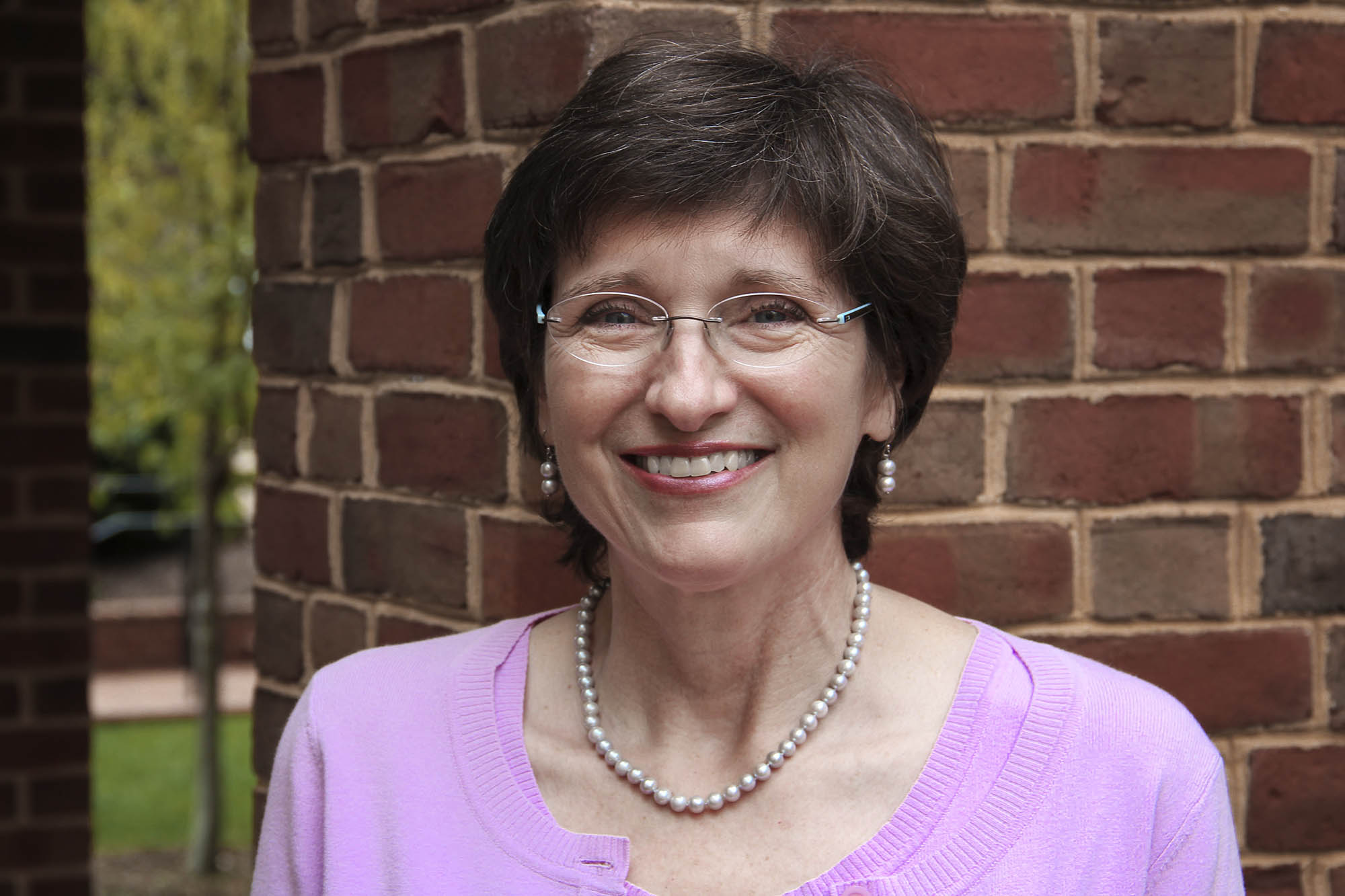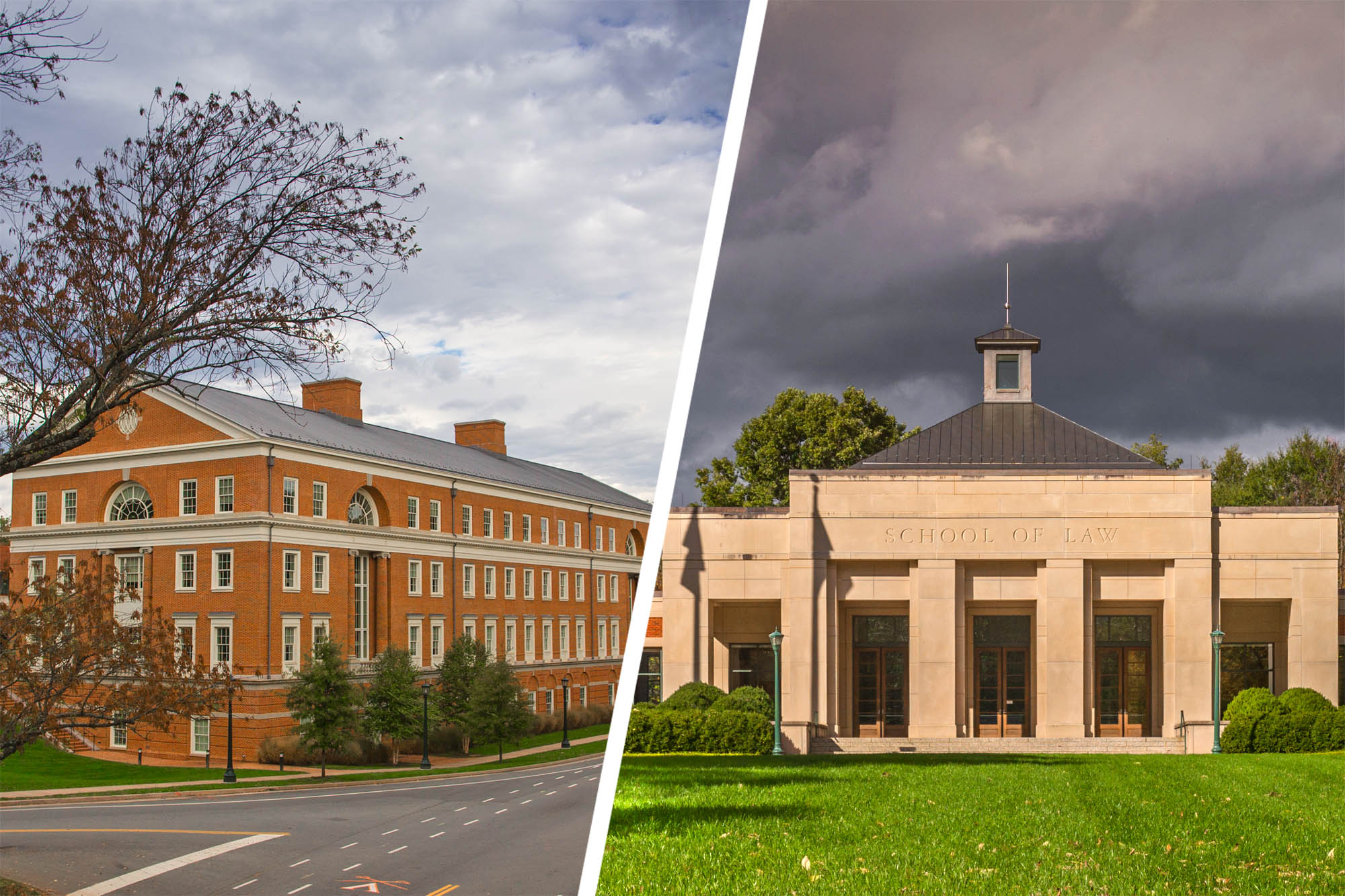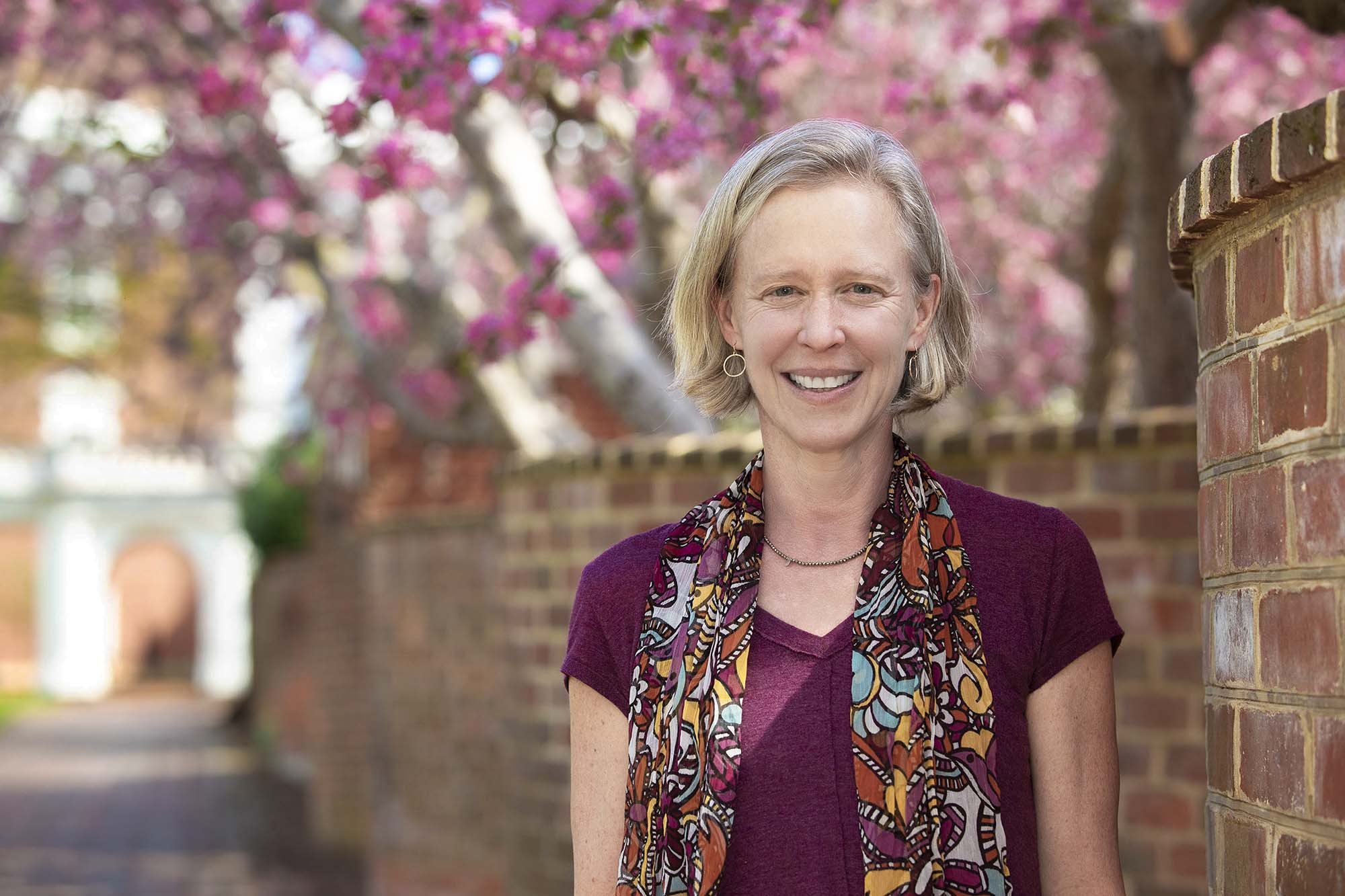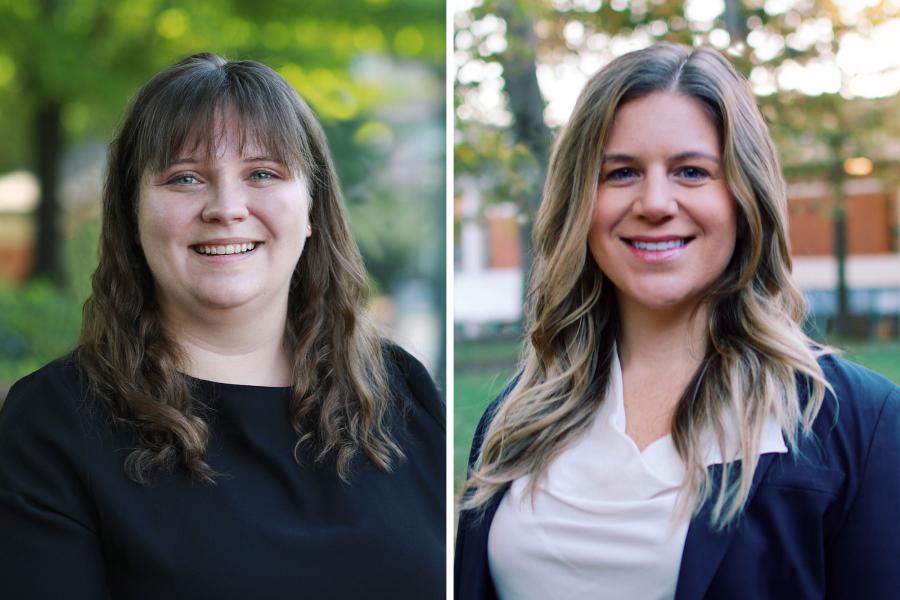Nearly all educational leaders begin their career as classroom teachers. With years of training and practice under their belts, teachers making the leap to education leader – think principals, division-level administrators, and even superintendents – are faced with an ever-expanding array of challenges that span across classrooms and school divisions.
But they also find themselves working within a larger policy context, at both the state and federal levels. Keeping current with new legislation and guidance requires ongoing professional learning.
A new partnership between the University of Virginia’s School of Education and Human Development and students at UVA’s School of Law supports educational leaders as they work to connect their school- and division-level efforts to larger policy initiatives and current research.
“The challenges K-12 education leaders face are complex,” said Pamela Tucker, professor of education and director of the Statewide Communities of Practice in Excellence, or SCOPE, program. “In addition to understanding how they play out in their schools, leaders are also required to understand existing policies around those challenges.

Pamela Tucker is a UVA professor of education and director of the Statewide Communities of Practice in Excellence program. (Contributed photo)
“For example, a principal may decide to pursue a specific intervention to address a challenge. But is it consistent with their school board policy? Does state policy allow that? Is there a coherent policy environment that supports that work?”
SCOPE is a leadership program of the UVA K-12 Advisory Council at the School of Education and Human Development, designed to support educators as they begin their leadership careers. For two years, a cohort of leaders meet regularly in a “community of practice” for a series of workshops and ultimately complete the program with a capstone project. Each capstone project focuses on one education challenge – or, as Tucker calls them, “problems of practice.”
“The capstone projects cover topics like addressing student trauma, closing the learning gap after the pandemic, or discipline disproportionality among students of color,” Tucker said. “Understanding the policy landscape for each topic could allow leaders to have more success in implementing new strategies and making real change.”
Tucker, who took over as director of the program in 2020, connected with Katie Ryan, a Law School lecturer whose career as an attorney has been focused on education. Together, the pair brainstormed a pilot project that connected the research skills of law school students interested in education with SCOPE capstone teams.











